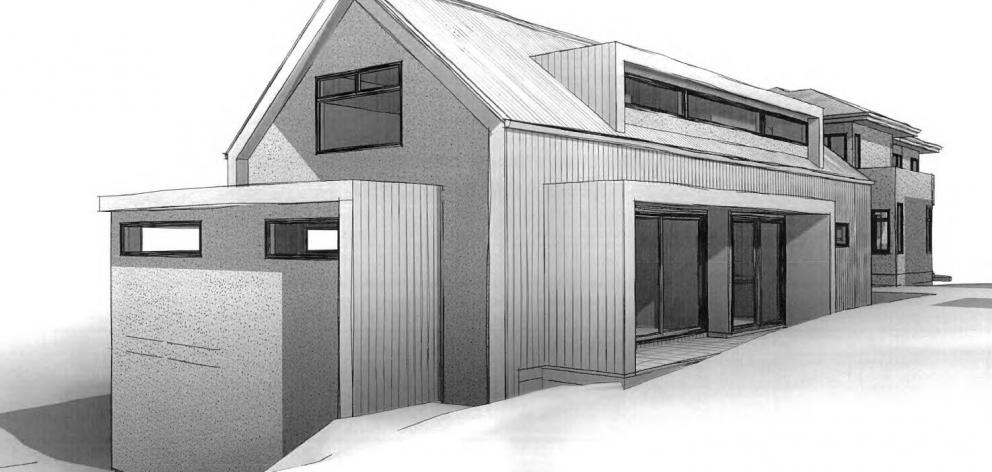
The Downie Stewart Foundation, which runs the community support service for adult male offenders, had earlier applied for resource consent to build a three-storey building at 403 High St.
The project, together with alterations to its buildings at 401 and 402 High St, aimed to give the service a new base for administration, including a staff room, large multipurpose room, four counselling rooms and a sitting area.
In a written decision released yesterday, the council’s hearings committee granted consent for the development, saying it was a "true exception", despite being non-complying under district plan rules.
The community support facility had been in place for "several decades, delivering a programme "which is a deliberately low-key operation, intended to assist clients with integrating into the community".
The development essentially allowed for a "rearrangement" of the service’s facilities, and "is not expected to create any undesirable precedent or challenge" for the district plan, it said.
Dunedin City Council planner Lianne Darby had earlier recommended consent be granted, despite the opposition of two submitters.
One opponent, neighbour Steve Stewart, had raised concerns about extra shading, a loss of privacy, pressure on parking and security.
The committee, in its decision, noted the parking situation would be improved with the development by the creation of three new off-street car parks.
The new building would be at the rear of 403 High St, and not easily seen from the street, but it was likely to be "very noticeable" for neighbours behind the building.
Despite that, the district plan envisaged the development of the site, and there would be no adverse affects on the street’s heritage precinct, it found.
A condition of consent required the construction of a new fence and landscaping along the rear boundary, to improve privacy for the adjoining neighbour at 167 Maitland St, it said.












